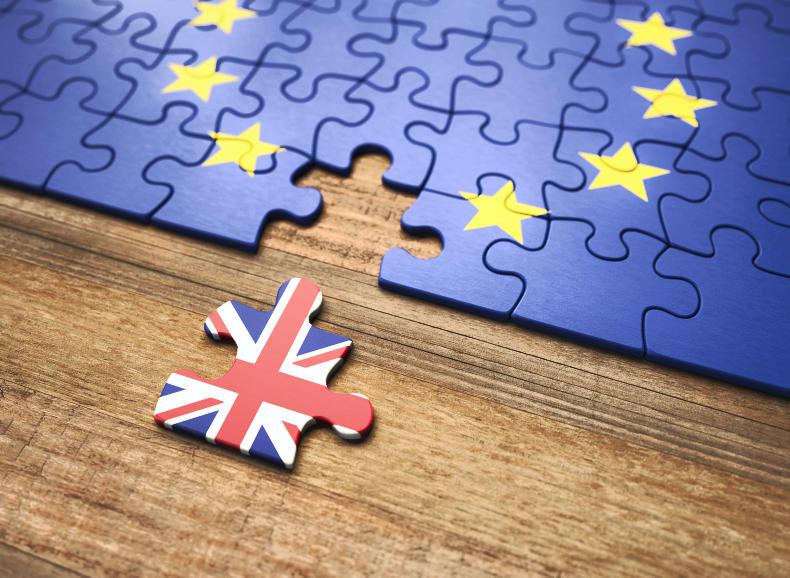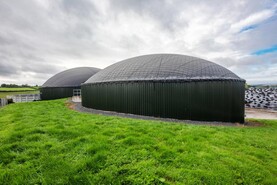The EU leaders have finished the EU Council meeting in Brussels with no sign of a breakthrough on trade deal talks with the UK.
Indeed, there are conflicting signals. At official level, talks recently have appeared to be going well. However, at a political level, the rhetoric definitely has been raised both in Brussels and London.
All of this leaves the risk of full tariffs and quotas for trade with the UK after 1 January still very much in place.
This would be a nightmare scenario for Irish farmers, who rely on markets in Britain for exports. It would have a negative impact on all sectors of Irish agriculture, but beef and cheese in particular are vulnerable.
This is because the level of tariffs are particularly high for agricultural products with the cost of some boneless beef doubled when tariffs are added.
This means that of all EU countries trading with the UK, Ireland is by far the most exposed as Figure 1 illustrates.
Ireland tariffs would be top in EU
Ireland accounts for about 5% of the total EU27 sales to the UK, but because of the exceptionally high tariffs on agricultural produce, Ireland would be paying over 19% of the total EU tariffs on trade with the UK.
Contrast this with Germany. It accounts for over 28% of EU sales to the UK, more than five times as much as Ireland, yet on this it would actually pay less tariff than Ireland at 17.7%.
This is because the products it exports carry a much lower tariff. For example, cars which are a major German export to the UK carry a tariff of 10%, compared with 12% of the value plus £2.53 on a kilo of beef.
Adding an extra £5,000 to a £50,000 Mercedes would be unwelcome for customers, but not necessarily a deal breaker. However, doubling the cost of a kilo of mince - which is a tariff of £2.53/kg plus 12% - would mean no sale for Irish beef.
Impact on other EU countries
As the pie chart illustrates, for 20 EU countries, tariffs on trade with the UK has little impact.
They would pay just 17% of all EU tariffs based on current trade patterns, while the other seven including Ireland, would pay 83% of all tariffs.






 This is a subscriber-only article
This is a subscriber-only article









SHARING OPTIONS: